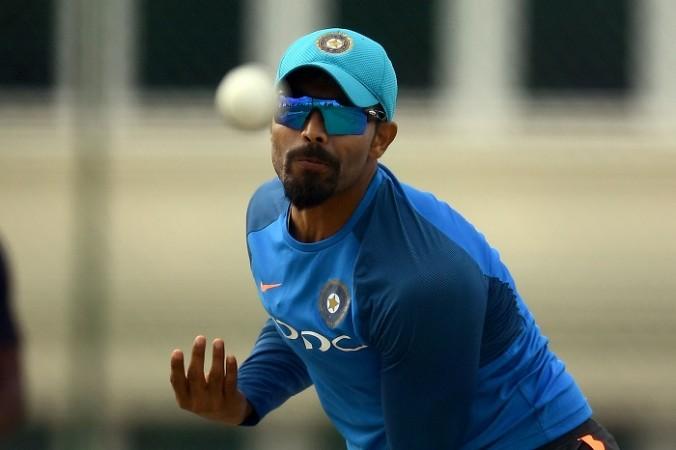
Ravindra Jadeja's tweet attacking Sanjay Manjrekar gained a lot of popularity and support from netizens. For a long time, Manjrekar has been a popular target for Indian cricket fans who have repeatedly ridiculed, mocked and abused the former India batsman for his commentary. It is not entirely clear why they hate Manjrekar though, of late, their main problem has been his criticism of MS Dhoni and some other players.
The tweet of Jadeja and various haters of Manjrekar have centred on his own modest success at the international level and the far greater record of cricketers whom he is questioning. However, if such be our attitude, then, hardly any commentator would qualify to analyse the game and criticise most cricketers, even if they are performing poorly. Taking it to a higher level, nobody would be qualified to criticise politicians except politicians, bureaucrats except bureaucrats and policemen except policemen. Surely, it won't be a healthy condition for having frank discussions on diverse topics.
Better batsman than given credit for
What's more, Manjrekar was a far better player than he is given credit for. He scored a brilliant hundred against West Indies at Barbados, the second most feared pacer-friendly wicket at that time, in 1989 against an attack that consisted Curtly Ambrose, Courtney Walsh, Ian Bishop and the greatest of them all, Malcolm Marshall. He also scored more than 500 runs against Pakistan during India's tour of that country the same year including a double hundred against Imran Khan and co. and earned the nickname 'The Wall' much before it became the moniker of Rahul Dravid. There was also a match-saving innings of his against Zimbabwe in 1994 that allowed India to avoid the embarrassment of losing a match to that team in their very first Test.

Yes, he couldn't sustain his form and make full use of his talent but that can be said about many players. Besides, if anchors who haven't played cricket at the international level at all can question players, and failed players can become top coaches, why shouldn't Manjrekar have the right to be outspoken and forthright in his analysis? Besides, the surmise that Manjrekar is biased against Dhoni is utterly wrong. When Dhoni was leading the Indian team to disaster after disaster as Test captain, Manjrekar whole-heartedly supported him.
Manjrekar's journey
The fact is, Manjrekar is one of the most intelligent, insightful and analytical commentators in the world. He has always studied the game more deeply than most others in his profession. He is also greatly respected by other people of note in cricket media of India.
For a long time, Manjrekar was mainly working for Ten Sports. Since this channel had the rights for telecasting matches played in Sri Lanka and Pakistan, he covered a lot of cricket played in those countries, usually not featuring India. His analysis was brilliant and when he commented upon India's matches, he gave much more valuable information about relevant matters of the game compared to other media outlets that focussed on unimportant and trivial issues.

Eventually, Manjrekar was brought on board by Star Sports. The result was his becoming a regular member of the commentary team for India's home matches and IPL also. Now, he does, at times, proffer opinions which go against the conventional wisdom or the popular consensus. For instance, he is one of the few members of the Indian media who was supportive of Greg Chappell. But that should be celebrated and not criticised. We need contrarians in the media who can provide an alternative perspective rather than just parroting the same lines as everyone else. It enriches the debate.
Among the best
Lastly, Manjrekar is among the best commentators because of how deeply he analyses the game and how astute he is in observing things. Being the most prolific cricket commentator in India, he seems fully devoted to following the game and explaining the subtleties and nuances that have a bearing on future developments.
If you are a true cricket fan who wants broadcasters to add to your understanding of the action rather than merely entertain with third-rate jokes and clever word-play, you would respect Manjrekar and his expertise. Alas, most Indian cricket fans seem too shallow in their understanding to appreciate the good work of the former Mumbai batsman. It seems the bombast of Ravi Shastri and the superfluous eloquence of Harsha Bhogle is more attractive than deep understanding of the game and intellectual honesty, traits of Sanjay.









!['Had denied Housefull franchise as they wanted me to wear a bikini': Tia Bajpai on turning down bold scripts [Exclusive]](https://data1.ibtimes.co.in/en/full/806605/had-denied-housefull-franchise-they-wanted-me-wear-bikini-tia-bajpai-turning-down-bold.png?w=220&h=138)



